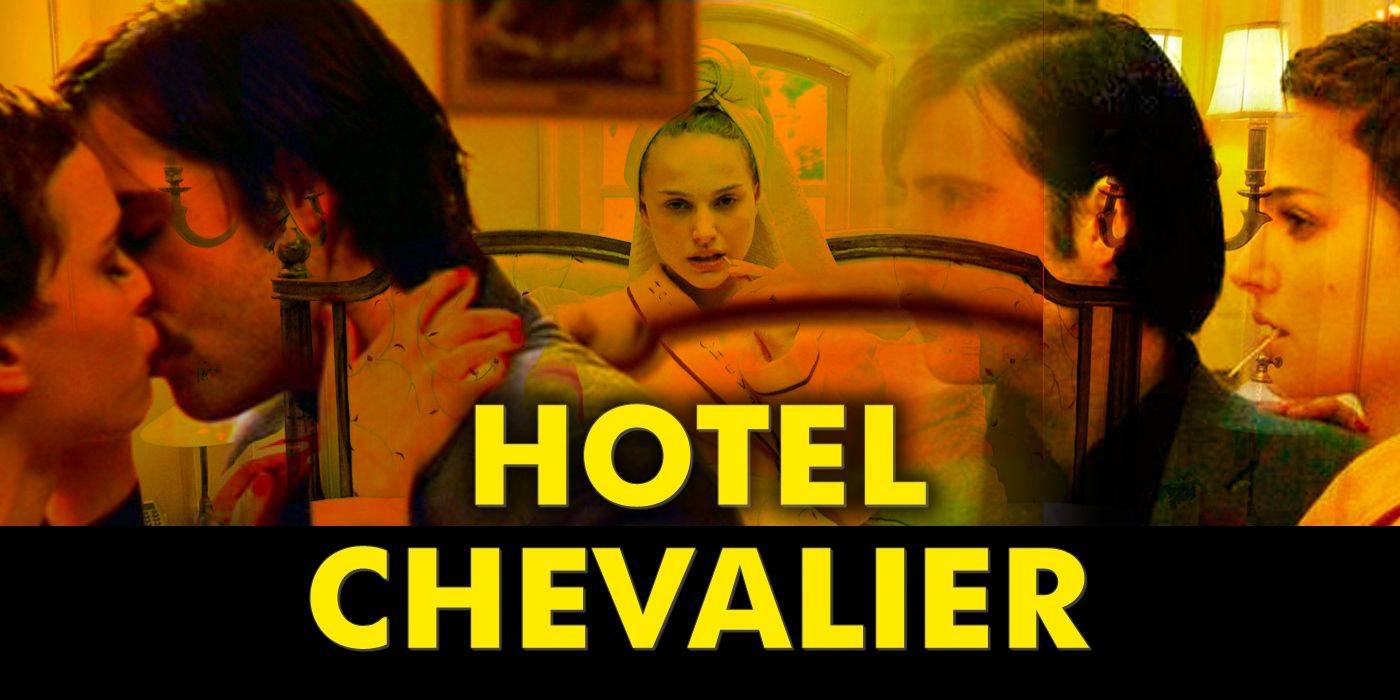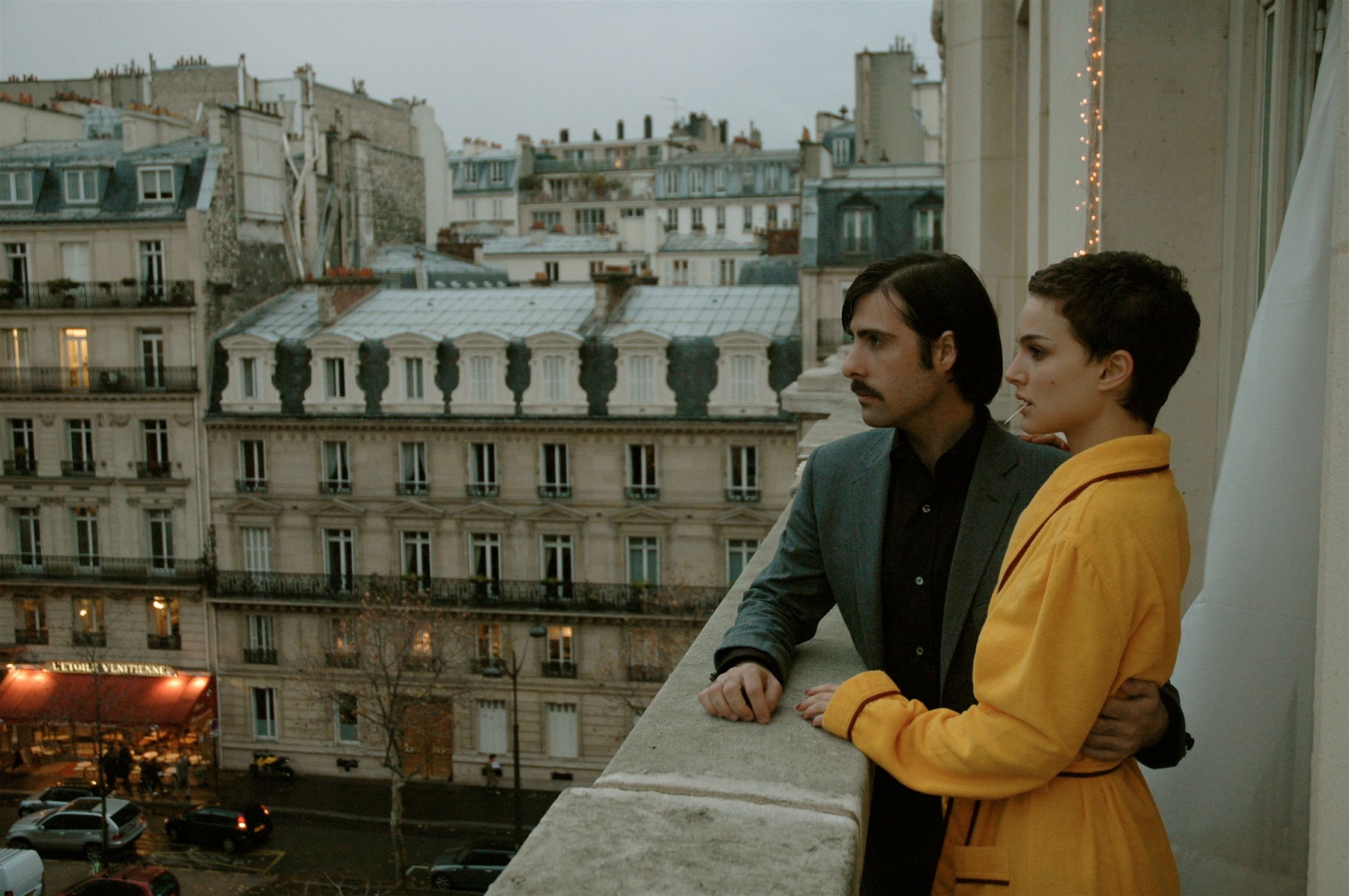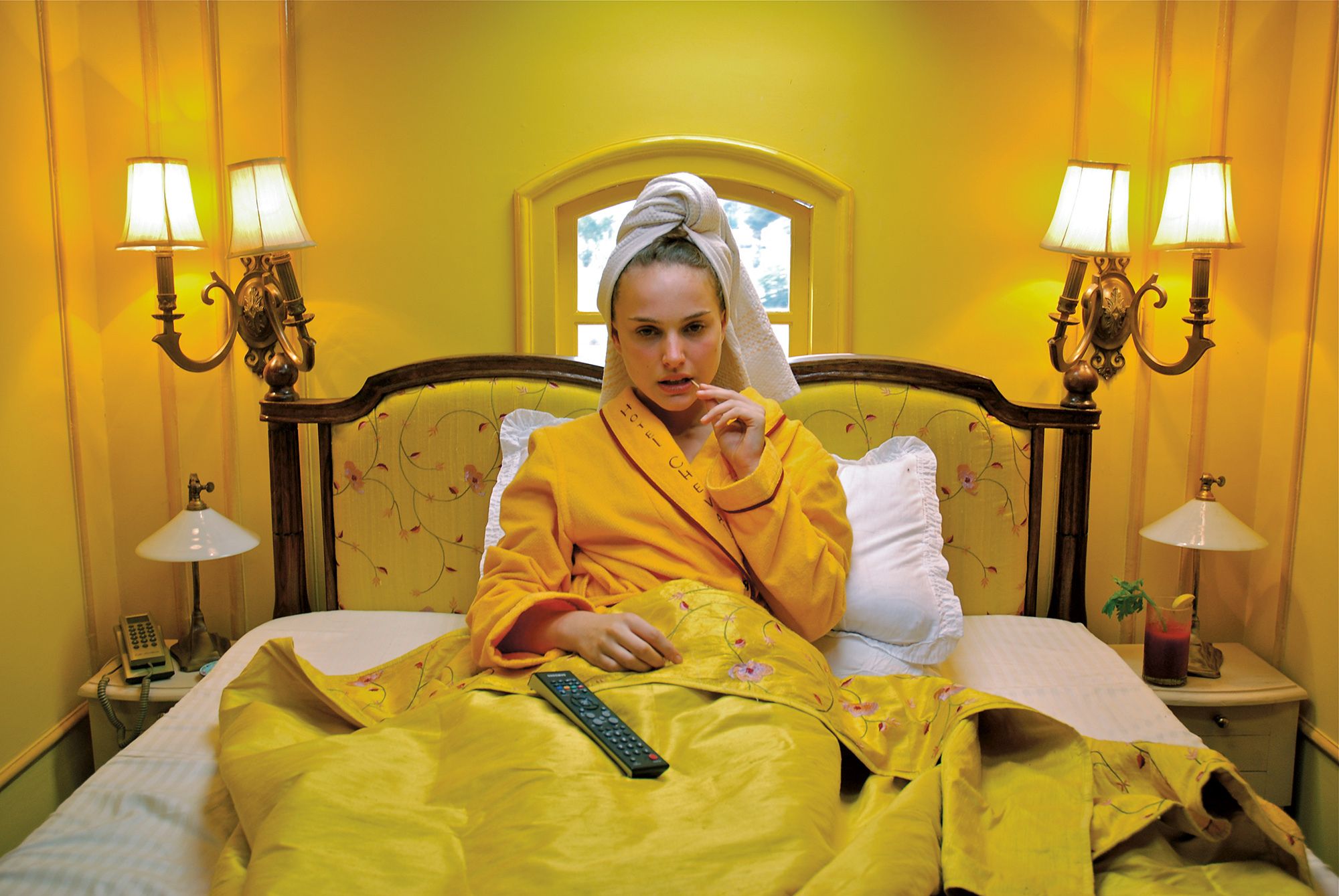Wes Anderson is one of the most distinguishable auteur directors of the past several decades, the rare filmmaker whose name itself is both a genre and a marketing device that courts a loyal following. Anderson celebrated the twenty-fifth anniversary of his debut feature Bottle Rocket this year, and he’ll again be in the awards conversation with his pro-journalism anthology film The French Dispatch. While it's easy to paint Anderson into a box considering the visual and tonal similarities between all of his work, the stories and perspectives Anderson tells are wildly different among his projects.
The sad, contemplative political satire of The Grand Budapest Hotel is striking compared to the romantic yearnings within Moonrise Kingdom’s coming-of-age story, and the R-rated absurdity in Rushmore and Bottle Rocket isn’t necessarily for the same audience as the kid-friendly stop-motion animated films Fantastic Mr. Fox and Isle of Dogs. There’s a versatility in Anderon’s storytelling capabilities, and he’s experimented with different forms of media. Bottle Rocket was adapted from a low budget short film of the same name that a young Anderson shot with Owen Wilson and Luke Wilson, and shorts have remained an integral part of his filmography throughout his career.
When Anderson’s film The Darjeeling Limited debuted at the Venice Film Festival in 2007, it premiered alongside his latest short film "Hotel Chevalier." The 13-minute film takes place directly prior to the events of The Darjeeling Limited, and provides the backstory for Jason Schwartzman’s character Jack. The original Bottle Rocket short is more of a fun preview of his early skills that’s best left for hardcore obsessives, but "Hotel Chevalier" is a great piece of filmmaking in its own right. As both an isolated memory that contemplates the passing of time and a prequel story that improves the film that follows, "Hotel Chevalier" is a must watch for Anderson fans.
The Darjeeling Limited follows three alienated brothers that reunite in the year after their father’s death. All three deal with traumas of their own: Francis (Owen Wilson) has suffered from a serious motorcycle accident and secretly searches for their mother; Peter (Adrien Brody) is on the verge of divorcing his pregnant wife; and Jack is running from a nasty breakup with his girlfriend Rhett (Natalie Portman). "Hotel Chevalier" depicts Jack and Rhetts’ final encounter; they meet in a Paris hotel room for one night of passion before exiting each others’ lives completely.
Jack is a writer, an element of his character that’s mostly used as a recurring gag throughout The Darjeeling Limited. His work is simplistic and exaggerated in its attempts at profundity; a borderline self-parody on Anderson’s part. While his desire to find meaning within heartbreak is little more than a quirk in The Darjeeling Limited, "Hotel Chevalier" gives actual insights into the meaning within his words. Jack’s new narrative story that he reads within the closing moments of The Darjeeling Limited reads nearly identical to his last conversation with Rhett in the short.
The backstory within "Hotel Chevalier" is essential in exploring how Jack processes his grief. The Darjeeling Limited follows each of the brothers as they confront their past traumas, and they even literally throw their baggage off of the train in one of the most cringe-inducing moments of symbolism within any Anderson project. Yet, "Hotel Chevalier" complicates Jack. He’s been hinting at elements of his life within his writing, and he’s only able to fully move on from his former lover when able to articulate it through a work of fiction.
The Darjeeling Limited is one of Anderson’s weakest films, as it's more overtly sentimental than he generally gets, and the immature characters don’t really justify an extended narrative with an obvious direction. However, the isolated vignette nature of "Hotel Chevalier" is more thoughtful and gives the two leads time to have an earnest conversation that’s not overloaded with a fast-paced barrage of Anderson jokes (the more uncomfortable racial stereotypes of The Darjeeling Limited are also absent).
Over thirteen minutes, Rhett reappears within Jack’s life with confidence in her decision to leave him. Her decision is strengthened by Jack’s adolescent antics. They both know that sleeping together won’t change their fragmented relationship, and likely leave them both sadder as a result. Schwartzman’s insufferable juvenile rage is more explicit. When Rhett tells him she hopes they can maintain a casual friendship, he replies “I promise, I will never be your friend. No matter what. Ever.”
Although this makes his arc in The Darjeeling Limited more interesting, "Hotel Chevalier" is simply gorgeous in its own right. It's not loaded with more spectacle than Anderson’s films, and the intimacy of a bedroom puts more emphasis on the dialogue itself. The only hint that Jack and Rhett are in one of the world’s most beautiful cities comes during the closing credits, as the pair silently gaze out their bedroom window. It functions as a standalone slice of sadness without the film that follows, but viewed entirely on its own, "Hotel Chevalier" is a memorable passing exchange.
While some filmmakers pursue short-form content as a fun exercise between their more essential work, "Hotel Chevalier" is more than a deleted scene saved for The Darjeeling Limited Blu-Ray. Its themes of necessary farewells are mature, and it's the rare Anderson project to sincerely detail a female perspective. Available to view on YouTube now, it's necessary viewing for anyone that loves the idiosyncratic filmmaker.



